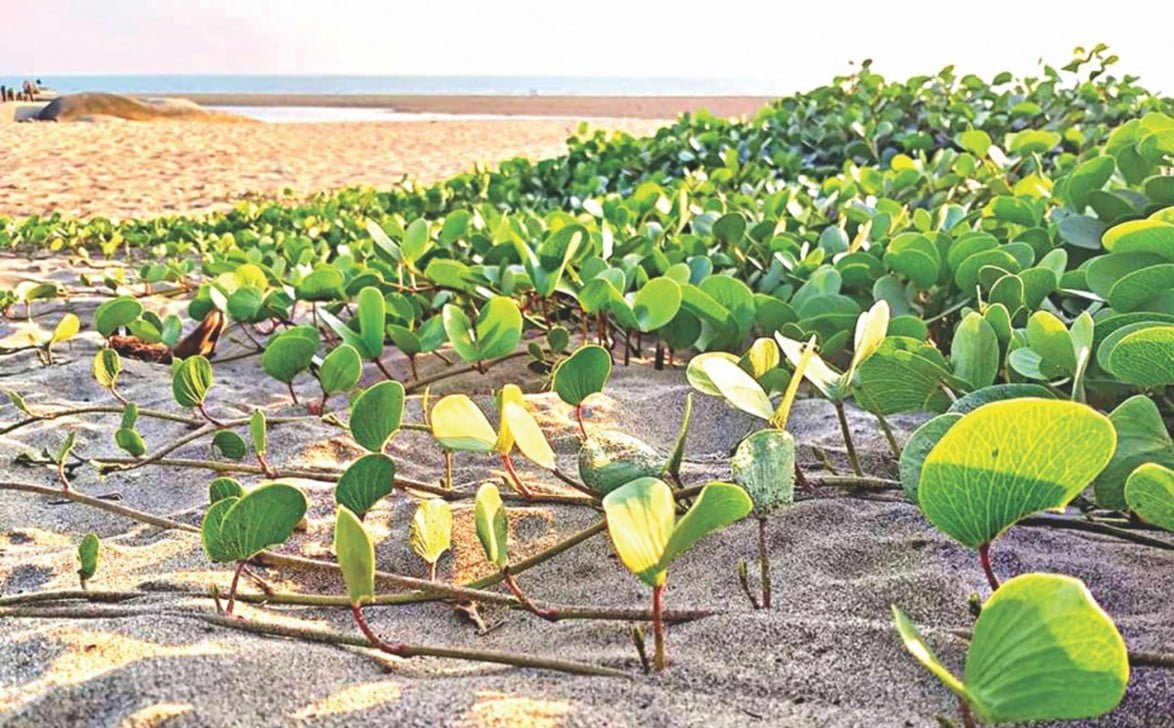Back in the day, when a child was born, the elders used to plant a tree in the baby’s name, implying that the tree will grow with the baby and help the baby with fruit and shade when they grow up. The plant was nurtured and cared for, just like the newborn was nurtured and cared for. They said, a child and a plant can be no one’s enemy. The two go hand in hand, in innocence and life.
The ecosystem is the source of food for almost all beings—human, plant and animal. The sea provides fish to humans, food for its sea creatures and a home for all life within it. The same goes for mountains, forests and beaches. The ecosystem also provides livelihoods for the people in it.
Times, however, have changed.

The care that was once reciprocal has become more and more one-sided. What was once seen as an inherent part of life is now only viewed as a money-making machine. The tree that once bore pure fruit is being injected with fertiliser and chemicals for artificial produce that stays outwardly fresh for longer. The quality of such food is questionable at best and has been associated with multiple diseases. The tree which once gave cool relief is being chopped off for industrial space to create factories, and homes and tourism spots for those who can afford it. Rivers which once gave fish are now filled with waste, causing damage to aquatic flora and fauna.
While these are seemingly direct interactions with nature, there is another, more indirect impact that human technology has had on nature. We have left carbon footprints through convenience appliances like air conditioners, refrigerators, cars and washing machines. Plastic and chemicals are hiding in everyday products, like face wash and toothpaste, which ultimately make their way to the stomachs of innocent sea creatures. In our quest for a fast-paced life, we have unknowingly and knowingly caused great anguish to the environment in which we live.
We humans are a species considered to be much above others in terms of intellect. However, we may have proved ourselves unworthy of such a stature. Individually, institutionally, nationally and internationally, we have all played our collective parts in the ruin of nature and consequently, ourselves.

